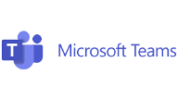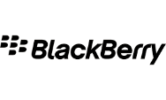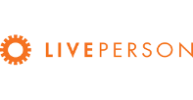Flexible solutions for data compliance
DataParser is connector software for archiving data. Whether deploying on-premise or leveraging DataParser Cloud, you decide what gets collected and where it goes. In use since 2002, a robust list of features have been developed to offer many options for managing data across regulation, industry, use-case, size or location.
Designed for verifiable chain of custody and regulatory compliance; archiving data for SEC / FINRA rules, HR, remote work, IP, legal or corporate policies are common use cases. Financial firms, Government agencies, Education, Energy and Healthcare organizations all use DataParser.
IT and Compliance teams are tasked with managing email, chat, files, meetings, databases, audio/video and much more. With the added challenge of offering new platforms and emerging technologies to users without falling out of compliance or putting their organization at risk. DataParser is designed to make the process easier.
Capturing data directly from the source, formatting for easy review and sending into one or all of your preferred archive, storage, eDiscovery or supervision platforms. Filtering users, multi-threading outputs, stripping attachments for alternate storage, audit and report features and more make DataParser the leading independent connector solution for messaging compliance. Deployed globally and managing millions of messages a day for enterprise communication systems. Collecting users data from Zoom, Microsoft Teams, Webex, Slack, Movius, Symphony, Bloomberg and more. Sending connector data into Proofpoint, M365 Purview, EV, Azure Blob, AWS… the list goes on.
Tell me about license plans

























